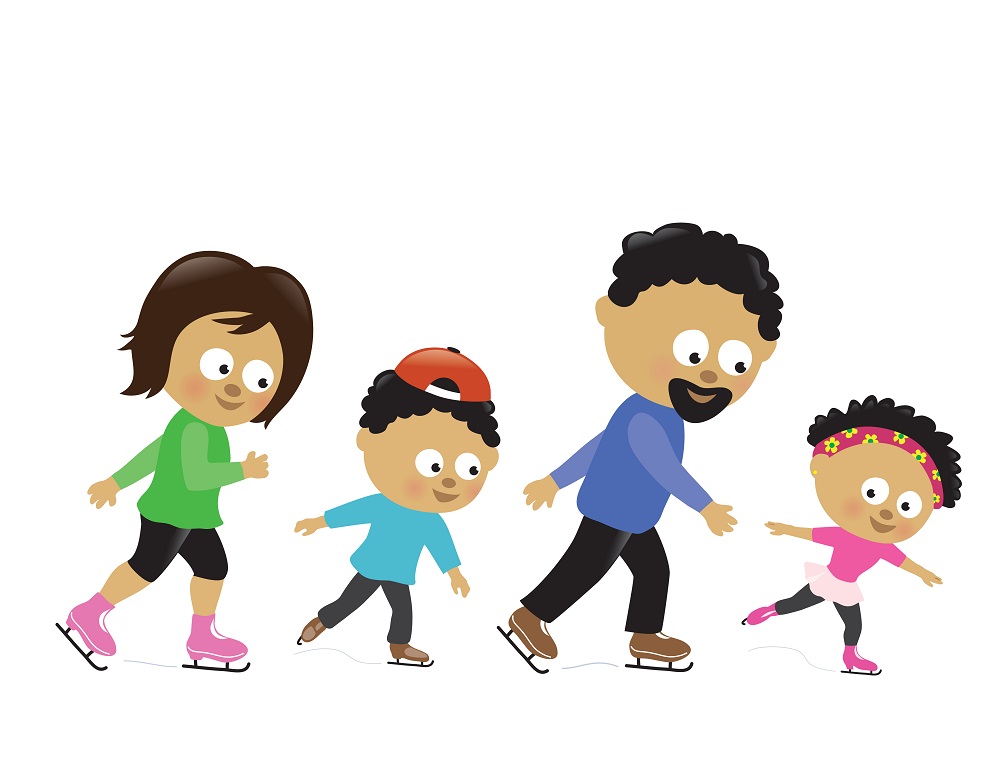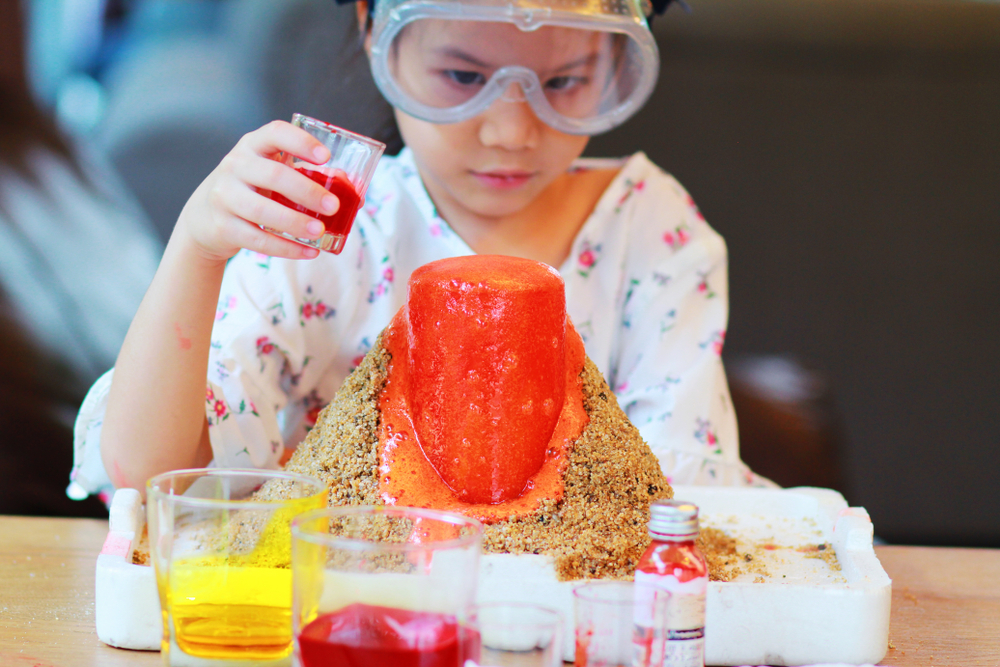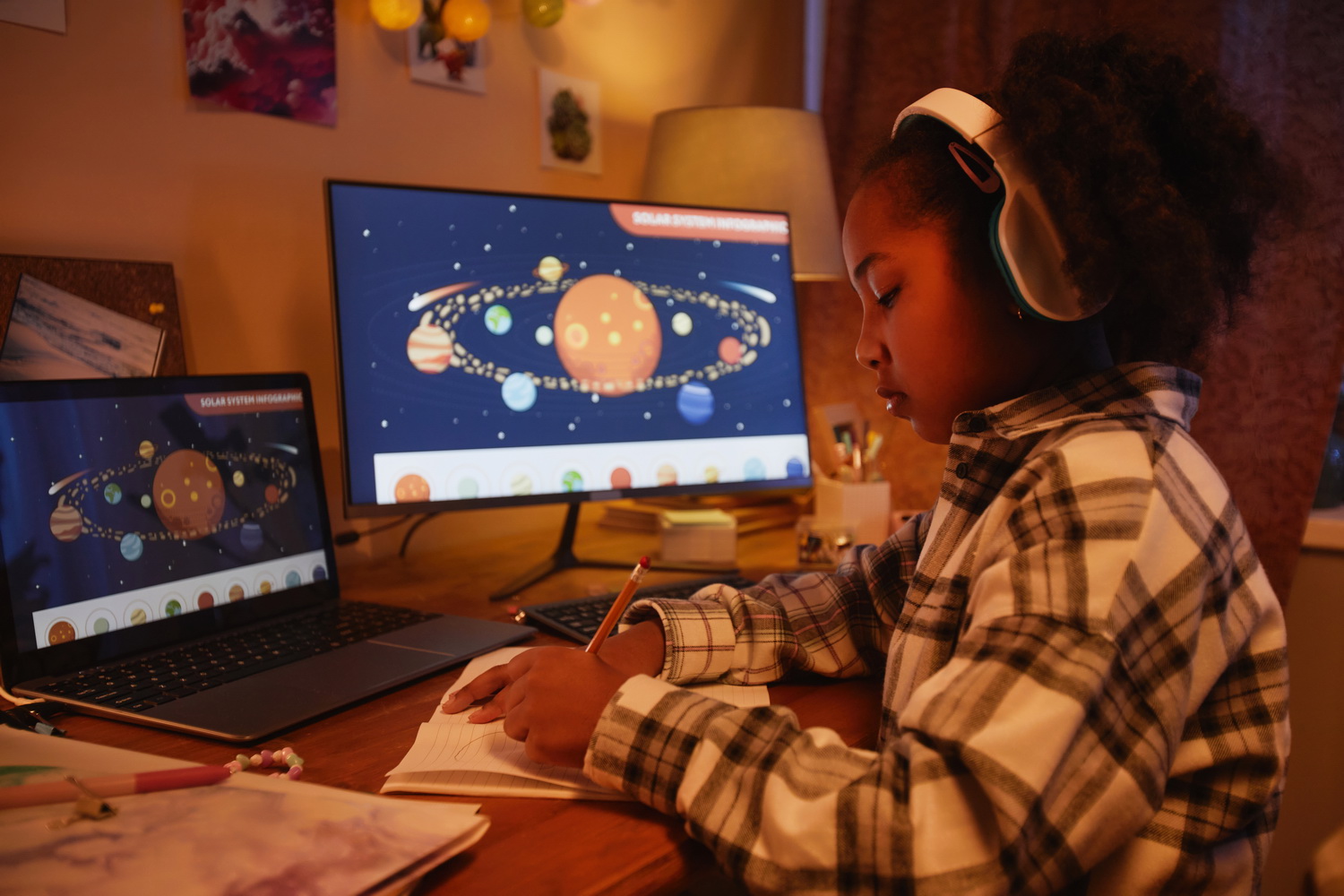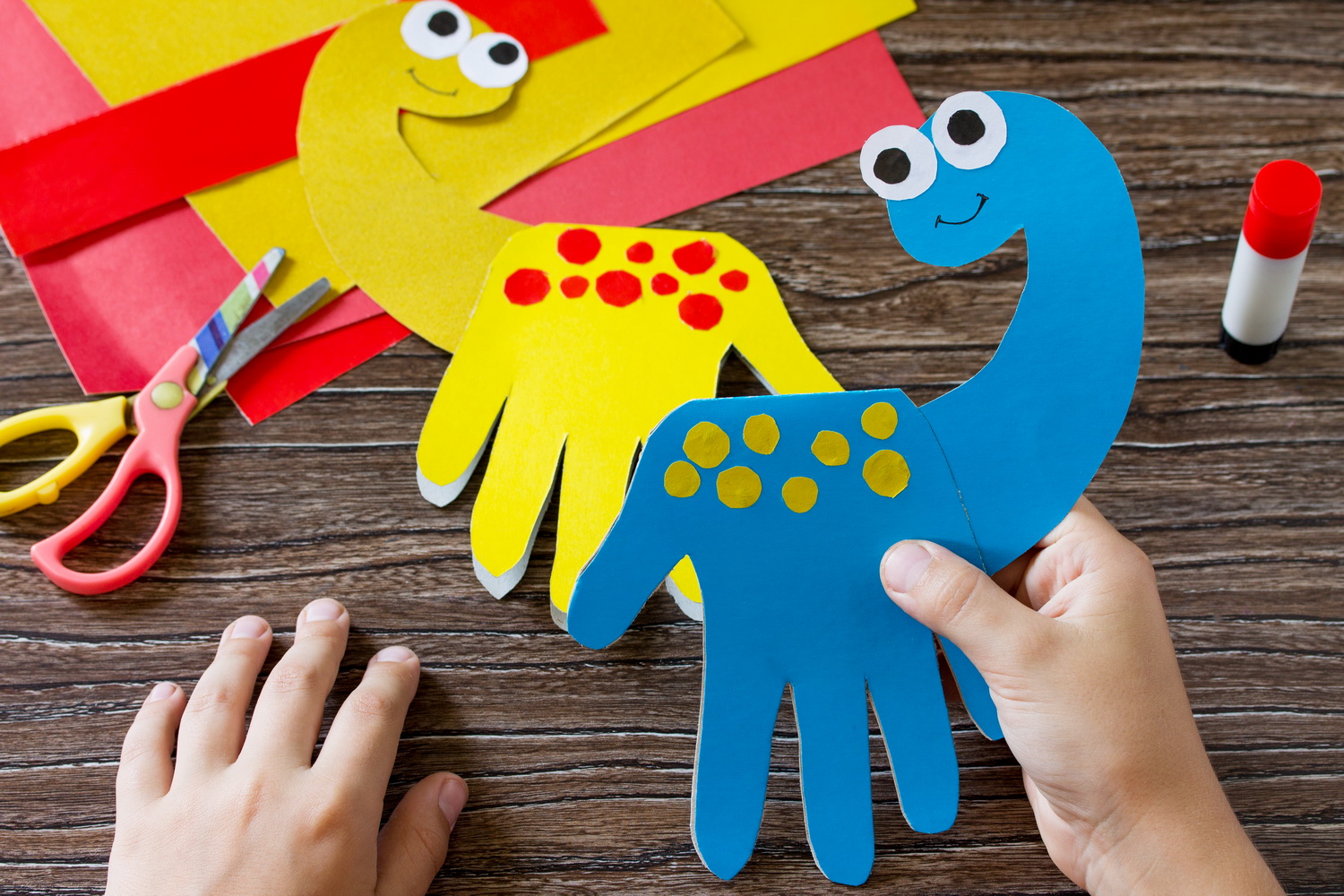Parenting Challenges — Being a Beneficial Role Model
March 3, 2022
Parenting is full of challenges. Raising little ones and supporting, guiding and nourishing them as they develop through the various stages of life is a blessing. A blessing that takes a lot of effort! Being a beneficial presence in your child’s life is the aim, so that they can live their lives comfortably in their skin and thrive in whatever way feels right for them.
So, how can this be achieved?
Firm Boundaries and Open Communication
Let’s be honest - raising a child takes an incredible amount of energy, effort and resources on the part of a parent. It can be taxing, draining and overwhelming.
With this in mind, the topic of punishment should be discussed, and it is often a controversial area. Focusing on punishment in response to bad behaviour is not beneficial. Children need firm boundaries and open communication so that they know what is acceptable and what isn’t. When they act in a way that is outside the parameters you have set as expected then swift, firm communication is required to reinforce why this is not ok and what behaviour is suitable in any given context.
The UK’s NSPCC charity has a lot of resources to help support parents in dealing with their child when they misbehave or act in unpredictable ways. They say:
“All children misbehave at times. It's a normal part of learning the rules. And sometimes they simply don't know what's good or bad behaviour.”
The charity, which is committed to the protection and development of children, says that parents need to remain calm. If a child acts up then parents need to stop, breathe and most importantly react in a calm and rational manner. They warn against angry, irrational reactions from parents and say:
“Reacting angrily could lead to emotional and physical harm. And this is never OK. Children respond to how we react, which can affect their behaviour in the future. So try to react calmly.”

If you are unsure of why they are acting this way, you can create a distraction to redirect their attention. This works especially well with little children. You can also show empathy, give them a hug and tell you know how they feel and that you’re there for them.
Don’t dwell for too long on the ‘bad’ behaviour, instead offer a swift, calm and firm reaction before redirecting their attention elsewhere. This can be challenging, especially when you are tired and overwhelmed yourself, however children need calm, clear guidance in order to learn.
Nourish Their Passions - Extracurricular Activities
Encouraging your child to join extracurricular groups and to develop their skills in areas they are passionate about is important. Sometimes joining groups and taking the first steps into these new environments can be nerve-wracking for children, and so it is important that parents support youngsters in these moments to help them overcome these obstacles.
Being nervous is natural. It’s a human emotion and we are all human. Reassuring your child if they show resistance to joining new groups is helpful. They then know that there is nothing ‘abnormal’ about experiencing anxiety or fear about a new setting. It is also important not to force them into situations they really do not want to step into.
It is ok for little ones to come round to new environments and activities in their own time. There are always other ways for parents to support their children in undertaking extra-curricular activities. Find a space they are comfortable with, if not their school, how about a community club or church group. If group activities do not appeal then you can support them through at-home activities that allow them to express themselves and develop their passion in an alternative way.
If they love to draw, then take them to beautiful scenic locations and have a sketch-what-you-see day out together. We are surrounded by beauty - enjoy it together with your little artist and praise their efforts and creations every day. Slowly, slowly their confidence will grow and maybe they will gain the self belief to join a craft or artistic group as they get older.
Whichever approach works to help your child do things they enjoy, pursue it and see them thrive! There is no need to force or push, follow their lead and see what happens.

Look After Your Own Health and Wellbeing
There can be a lot of pressure in today’s society, from an array of angles, which can affect the health and wellbeing of people of all ages, both old and young.
Competition is rife, specifically in parenting forums and communities. Competition can be very harmful, especially when children get caught up in this toxic behaviour. Avoiding or challenging these types of interactions and explaining to your child they are not in competition with others, and you are proud of them where and how they are, is important to avoid embedding unbeneficial habits at an early age.
In order to ensure your child’s health and wellbeing, it is also important for parents to take care of their own holistic health and relationships. Investing in mindfulness and relaxing activities for your own self care is a must. By refilling your own cup you can then freely pour into your children's and family’s cups.
Undertaking mindful activities as a family is also a great way to help deal with the pressures of school, work, relationships and general life.
Be a Beneficial Role Model
Your little one looks up to you. You are their world, their example and their support system. Your behaviour, actions and habits directly impact your child, and therefore it is incredibly important that you model beneficial ways of being for them to learn and aspire to.
We have explored lots of ways in which you can support your child and tools with which to guide them as they grow. These are all crucial elements of raising children. Another vital element is the importance of being a beneficial role model to your children.
Everything a parent does is ‘normal’ to a child, this is because their childhood is all they know. With this in mind, it is necessary to be ongoingly aware that what you say and do when your children are there is displaying something helpful, beneficial and wholesome. This is really important because they will replicate whatever they see.
As discussed above, investing time and energy into your own health and wellbeing is a great way to check in with yourself and ensure you are on the right track here.
The US based Center for Parenting Education advises parents to include children in family discussions as a way to illustrate how people can get along and work together effectively. The organisation also says:
“Practice what you preach. Children notice when you don’t.”
The organisation also mentions that it is important to model personal accountability and responsibility, self respect and respect to others, to display problem solving skills and an enthusiasm for learning and self development. Children will recognise these characteristics and traits and, by osmosis, adopt them as their own.

Stay Calm and Clear
Ultimately, as a parent, ensuring your child’s ongoing development and progression, whilst avoiding harmful and non-beneficial behaviours, is the aim. Making sure to check in with yourself and practising self care is a way to navigate the array of parenting challenges that are going to arise along the way.
Remaining as calm as possible and providing reasonable, clear guidance and instructions for the behaviours and struggles that your little one will display, is the best way to ensure they flourish. Stepping up as their role model and recognising the weight and gravity of your own actions is also incredibly important when raising a family.
About the author
Alison Carter - Play-Based Educator, ESL Teacher, Trauma Sensitive Yoga and Pilates Teacher.
Manchester, England, UK.
References
- https://centerforparentingeducation.org/library-of-articles/focus-parents/role-model-promise-peril/#:~:text=Tips%20for%20Effective%20Role%2DModeling,eating%20well%20and%20exercising%20regularly
- https://www.nspcc.org.uk/keeping-children-safe/support-for-parents/mental-health-parenting/
- https://www.nspcc.org.uk/keeping-children-safe/support-for-parents/cope-with-tantrums/
- https://www.nordangliaeducation.com/en/schools/prague/british-international/article/2021/9/21/5-important-benefits-of-extracurricular-activity












